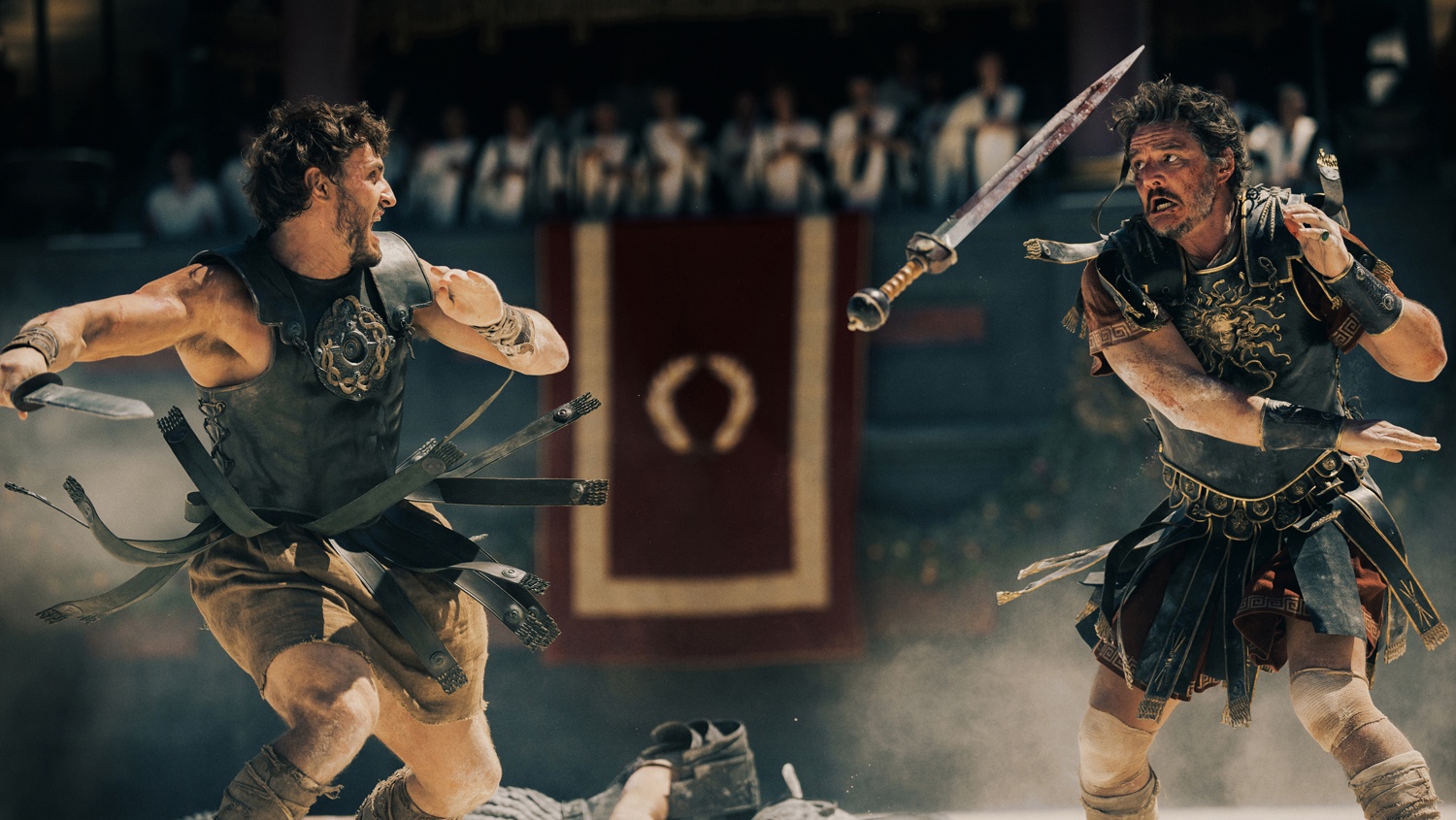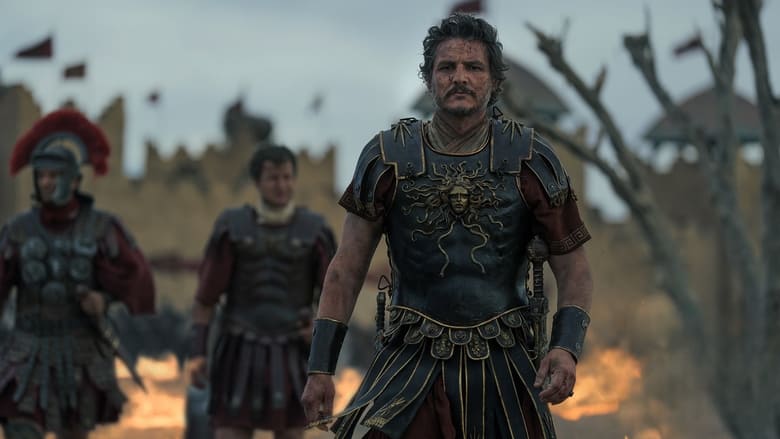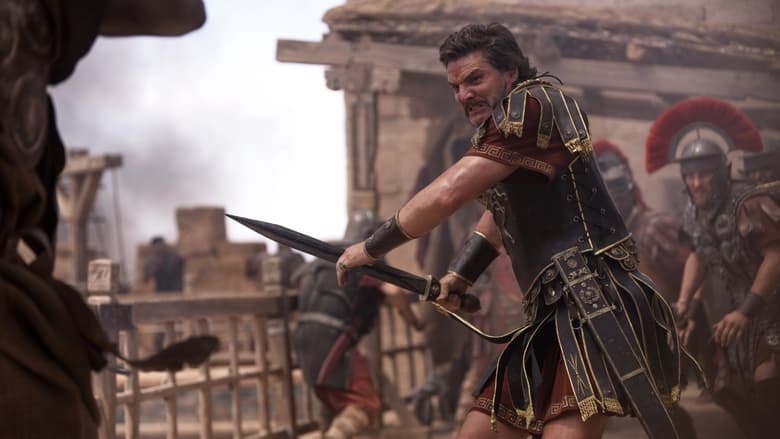🎬 Gladiator (2000)

🎬 Gladiator (2000): A Tale of Revenge, Honor, and Glory
Gladiator is an epic masterpiece that takes audiences into the brutal and politically charged world of ancient Rome. Directed by Ridley Scott and led by Russell Crowe’s Oscar-winning performance, this 2000 historical drama delivers an unforgettable tale of vengeance, courage, and the fight for justice.

The film follows Maximus Decimus Meridius, a revered Roman general betrayed by the power-hungry Commodus (Joaquin Phoenix), who murders his father, Emperor Marcus Aurelius (Richard Harris), to seize the throne. Stripped of his title, family, and freedom, Maximus is sold into slavery and forced to fight as a gladiator in the blood-soaked arenas of the empire.
As Maximus rises through the ranks of gladiators, his unmatched skill and unwavering determination win the hearts of the Roman people. Behind the scenes, he plots his revenge against Commodus, seeking to restore the honor of Rome and fulfill the dying wish of Marcus Aurelius for a return to a republic.

Ridley Scott’s direction immerses viewers in the grandeur of ancient Rome, with breathtaking visuals, epic battle sequences, and a powerful score by Hans Zimmer that echoes the weight of destiny and loss. Crowe delivers a performance for the ages, capturing Maximus’s transformation from a loyal servant of Rome to a defiant hero fueled by personal loss and a higher cause. Joaquin Phoenix is equally compelling, bringing a chilling vulnerability and narcissism to the despicable Commodus.
At its core, Gladiator is more than a tale of revenge; it’s a meditation on legacy, honor, and the enduring human spirit. Its iconic lines—“Are you not entertained?”—and its emotionally charged conclusion resonate deeply, cementing its place as one of cinema’s greatest achievements.
⚔️ Bold, thrilling, and deeply moving, Gladiator is a timeless saga of a man’s journey from tragedy to triumph, reminding us that what we do in life echoes in eternity. 🛡️🔥












